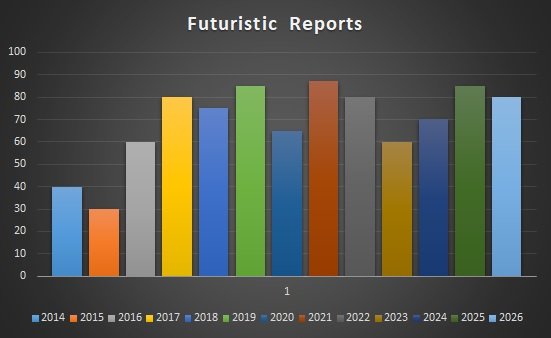EV Chargers Market to Grow with a High CAGR - 2020-2025

Of all of the oil consumed in the U.S., 70 percent is used for transport. Further, passenger Vehicles use 70% of transport oil.1 Globally, a rising middle class in China and India will be Causing requirement for passenger automobiles to balloon, and with it, need for oil. By 2050, there might Be as many as 1.5 billion automobiles on the street, in contrast to 750 million in 2010
Battery Price Down
Cell Prices Have Shrunk to $145 per kWh or Reduced, and Therefore Are Expected to continue decreasing with technological advancement and Contributes to large-scale manufacturing. While cells are only single part of the price of an installed battery, the expense of installed batteries has Dropped from approximately $1,000/kWh in 2010 to a predicted $250-350/kWh in 2018. Total battery costs are reducing more calmly, as Consumers need EVs with longer ranges & thus more time lasting batteries. Meanwhile, governments are finding it difficult to fiscally Warrant large subsidies to entice buyers.
Many EV owners Can charge their vehicles in the home during night hours, however charging opportunities away from home Have Been Required to Permit longer Excursions and Raise the confidence of potential car buyers Contemplating EV sale.
Major Important Players are analysed from the Global EV Chargers Industry Report:
• Tesla
• ABB
• Leviton
• AeroVironment
• Blink
• Schneider
• Eaton
• Siemens
• General Electric
• ChargePoint
• Others
Request PDF Evaluation of the Report: https://www.futuristicreports.com/request-sample/35493
There are two basic types of EVs:
- All Electric Vehicles (AEVs) are powered only by energy stored in the vehicle’s battery. There is no backup power in the vehicle, so when the battery discharges it requires recharging to run again.
- Plug-in Hybrid Electric Vehicles (PHEVs) are capable of operating solely on electric energy for a certain distance after which an auxiliary internal combustion engine is engaged to offer additional range.
Electric Vehicle Charging
There Are 3 levels frequently utilized to refer to the charging energy of EVSE: Level 1, Level 2 and DC Fast Charging.
Electric vehicles (EVs) have progressed significantly this decapod, Thanks As a way to reducing battery costs. Yet EVs stay more costly than Gas fuelled vehicles over their useful life. This report analyses the Additional progress that will be needed, if electrical vehicles would be to significantly Penetrate the tourist vehicle fleet.
Read Full Report at: http://bit.ly/2RHwXlx